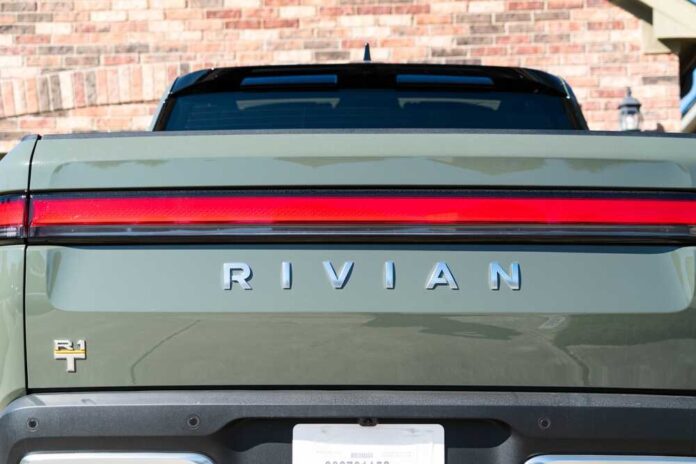Electric vehicle maker Rivian announced that it would be laying off 10 percent of salaried employees starting on February 22 after reporting $1.5 billion in losses in the final quarter of last year, CNN reported.
In an email to employees, Rivian founder and CEO RJ Scaringe cited the competitive electric vehicle market and the “challenging macroeconomic environment,” saying the EV maker needed to “make purposeful changes” immediately if it wanted to ensure its “promising future.”
On two previous occasions, Rivian reduced its workforce due to losses. In July 2022, the company laid off 6 percent of its workers to adjust to the “dramatically changed” world. It let go of another 6 percent of its workforce in February 2023 due to the weak economy and falling cash reserves.
It was not clear how many employees would be leaving in the current round of layoffs. While Rivian employs 16,700 workers, it would not say how many of those are salaried employees.
Despite the push to transition to electric vehicles, EV sales slowed down in 2023 with consumers not purchasing electric vehicles at the same rate as in previous years. Automakers blamed the slowdown on increased interest rates.
Meanwhile, Tesla’s decision to slash prices on its electric vehicles put pressure on other EV makers, with Ford recently announcing that it was cutting the price for its Mustang Mach-E, Ford’s competing model to Tesla’s Model Y SUV.
The California-based Rivian, which makes electric fleet vehicles like trucks, vans, and SUVs, reported losing $1.5 billion during the final quarter of 2023. The company produced 57,232 vehicles in 2023 of which 50,000 were delivered to customers.
Rivian projected that it would deliver the same number of vehicles in 2024 and said it expected to earn a “modest gross profit.”
The company, which provides electric pickup trucks and commercial delivery vans for Amazon and AT&T, said in its quarterly earnings call that it would be unveiling a less expensive consumer model of its R2T electric pickup and R2S SUV in March. However, the consumer models would not go into production until 2026.














